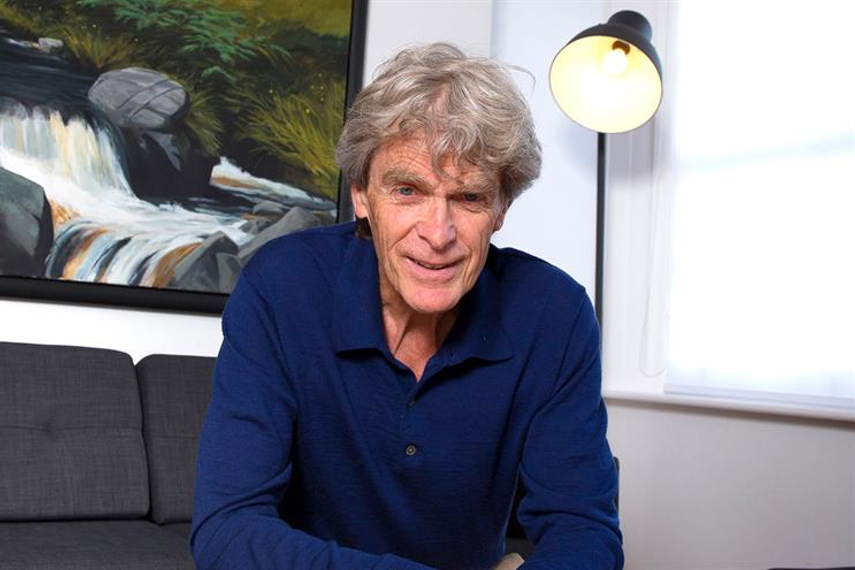
Please sign in or register
Existing users sign in here
Having trouble signing in?
Contact Customer Support at
[email protected]
or call+91 22 69489600
Writing skills are "deplorable" and the best work in the last 18 months came from the in-house team at Oatly, according to the 'H' in BBH

Contact Customer Support at
[email protected]
or call+91 22 69489600
Top news, insights and analysis every weekday
Sign up for Campaign Bulletins
The shift towards hijacking culture and the new focus on 'how' creative work is done to make brands part of the cultural story.
WPP Media has been appointed to manage Orient Electric’s integrated media mandate across channels, aligning creativity, data and performance to support business growth.
Expanding upon his current remit as CCO of BBH India, Bhattacharya will drive Propagate India’s creative vision and sharpen its digital craft.
49% of the incremental CTV viewers come from rural India, according to Kantar.